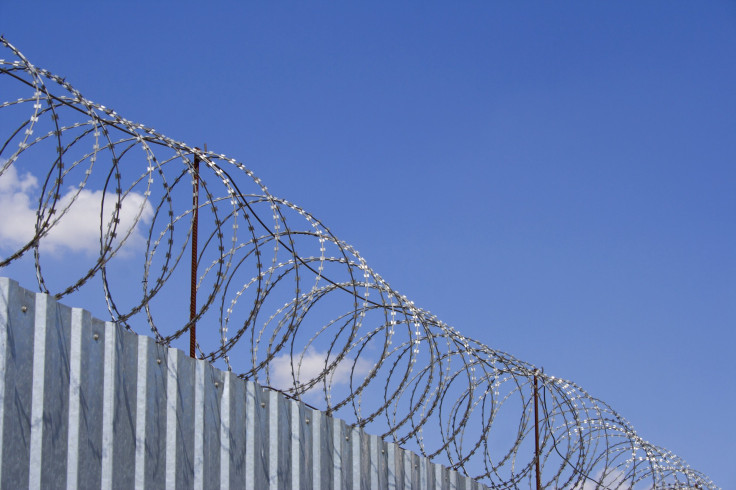US Military Retracts Comment About Guantánamo Guards With PTSD: 'There Are No Statistics That Support The Claim'

The U.S. military retracted a comment that was made on an episode of 60 Minutes regarding American guards suffering from PTSD at the prison in Guantánamo Bay, Cuba.
The issue revolves around the commander of the Southern Command (Southcom) guard force, Army Col. John Bogdan, who spoke with Lesley Stahl for a story that was aired on an episode last November, called "Life at Gitmo." During the interview, Bogdan claimed that more guards at the prison suffer from PTSD than do troops fighting on the battlefield. A female Army captain who heads a maximum-security prison at the prison facility, Camp 5, supported this claim in an interview with the BBC that same month (her name wasn’t revealed). In that interview, the captain observed that the “constant threat of being in contact [with captives] for up to 12 hours at a time” was resulting in guards suffering from PTSD.
But after researching these claims, Southcom’s Public Affairs Officer, Army Col. Greg Julian, acknowledged that they were mistaken. “There are no statistics that support the claim of twice the number of troops diagnosed with PTSD,” he said in the retraction letter, which the Miami Herald posted. Julian specified that a misunderstanding of a study along with not knowing the difference between PTSD and stress led to the inaccurate claims.
Southcom has been responsible for running the Guantánamo Bay prison camp ever since it was set up after the 9/11 attacks 12 years ago. The complex has held as many as 660 prisoners, but now incarcerates 162 people — 82 of whom are cleared to be released, according to the Herald.
In the official retraction letter, Julian noted that a 2011 survey, which was not provided, was conducted to assess the “occupational health and well-being” of 1,590 troops stationed at the prison complex. “The survey revealed that these service members were nearly twice as likely (though not actually diagnosed) to screen positive for moderate to severe post-traumatic stress as soldiers surveyed in previous studies who had recently redeployed from Iraq or Afghanistan,” he wrote.
According to the Herald, military spokesmen have never been able to put a number on the troops who suffer from PTSD after being stationed at the prison, due to the constant rotation of various kinds of military personnel. Yet unreleased studies of stress that Southcom claims to have conducted at Guantánamo have found that — along with contact with captives — long hours, absence from families, and alcohol abuse were sources of strain.
One assessment made public was conducted by the Navy and presented at the Naval Center for Combat and Operational Stress Control in 2010; it found that troops who served in Iraq “with moderate combat exposure” suffered more PTSD than Guantánamo Bay guards. But the Herald noted that this Navy assessment was before Bogdan’s tenure at the Cuban installation, which has entailed unprecedented tension between the prisoners and the guards and has involved hunger strikes, force feeding, cell raids, and captives using their excrement and body fluids as weapons — the latter being one source of extreme stress that the above mentioned female Army captain informed the BBC about.
Published by Medicaldaily.com



























